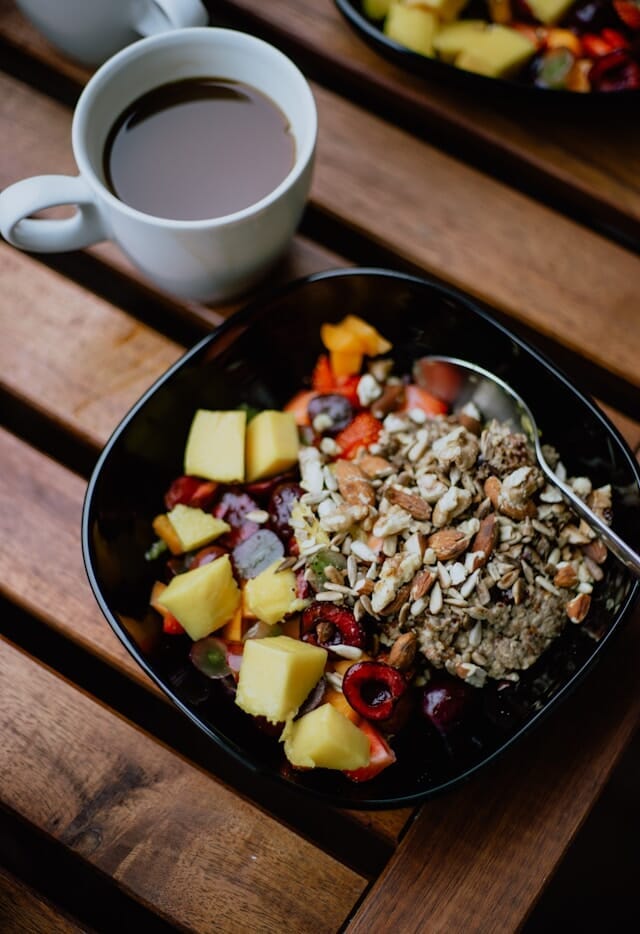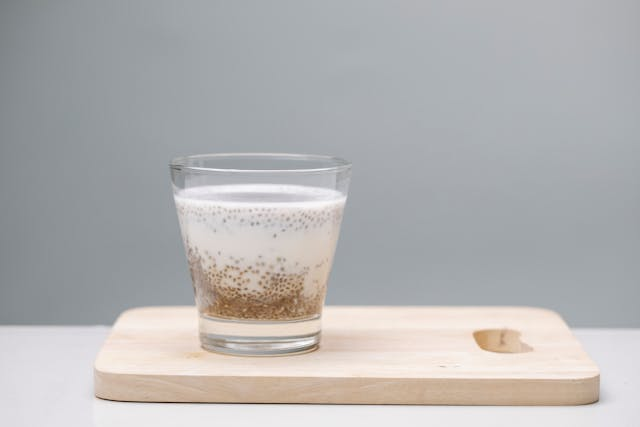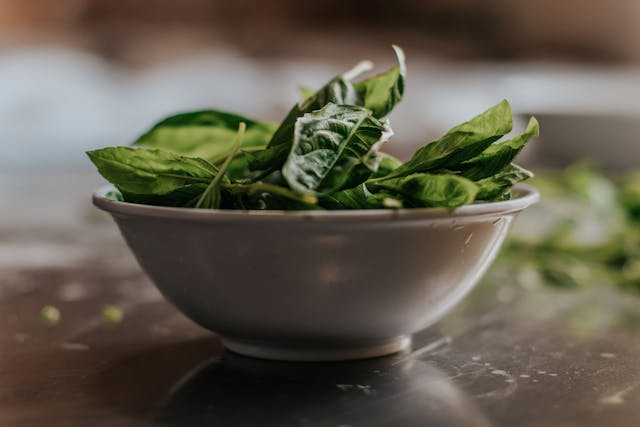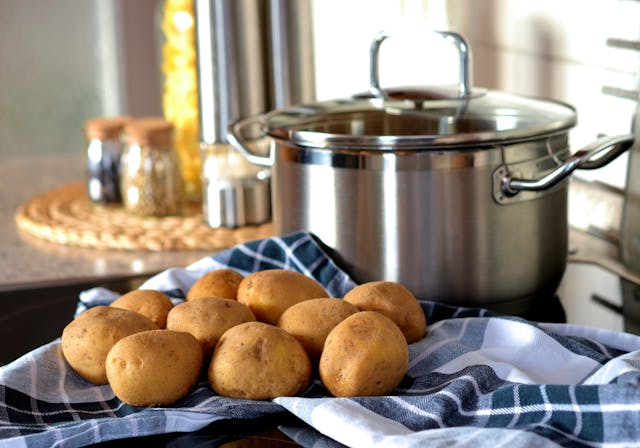
What is the Irritable Bowel Syndrome High Fiber Diet?
Time to read 3 min
Time to read 3 min
A high fiber diet is one of the best ways to improve IBS symptoms and provide relief to gas, bloating, nausea, and other digestive symptoms. You can focus on your own variation of an irritable bowel syndrome high fiber diet, which allows for certain modifications based on other conditions.
E.g. if you are managing arthritis, diabetes, high blood pressure, or other chronic conditions, then you should substitute certain fruits and vegetables with alternatives. You can consult with your doctor about starting a high fiber diet if you are on medication or managing a condition that may get impacted with dietary changes.
The right way to create a new diet format is to first get a complete blood test done. You can get a blood test check-up done through a gut health test. This can provide the initial insights necessary to help you heal your gut health through dietary changes, medication, supplementation, etc.
Individuals with irritable bowel syndrome IBS can experience significant benefits from increasing their fibre intake. If you've been negligent about your diet, then switching over to an all natural low fodmap eating style can help add fibre to improve your bowel movements.
It is important for people with irritable bowel syndrome symptoms that are following a low fodmap diet to understand the differences between insoluble fiber and soluble fiber. Insoluble dietary fiber may trigger IBS symptoms in some people who can't properly process it.
It's also important to note that too much fiber at one time can lead to further issues with the digestive system. All IBS diets need to add more fiber gradually, following the daily recommended amount of 25 grams per day, with around 1/4th coming from soluble fiber.
Certain foods can help in improving your daily dietary fiber intake, thereby improving your digestive tract and reducing abdominal pain. You can follow the elimination diet or the IBS diet which generally consists of eliminating fatty foods and highly processed foods.
If you are consuming bread or chapatis, then switching to whole grains can help significantly. This can add more fibre into your body, while being more nutritious for your body overall.
Curd is another excellent source of digestive enzymes in the form of probiotics. This will help you process the fibre and the nutrients present in the food being consumed much better.
Chia seeds can allow you to reach your daily fibre intake, with around 8-10 grams per serving. You can add chia seeds to salads or to your shakes, to benefit from the high fibre food.
Cooked broccoli, spinach, kale, carrots, etc. can be highly beneficial in getting your daily fibre intake. You should gradually focus on increasing your intake of vegetables in different forms, so that you can maximize your fibre.
You can add raspberries, blueberries, apples, bananas, and oranges to the list of high fibre IBS friendly fruits. You can also eat them in different forms, such as in a puree, juice, or salad format.
Almonds, peanuts, cashews, sunflower seeds, flax seeds, etc. can be added for proteins, omega-3s, and fibre. They're also helpful in improving your overall health through their micronutrients.
Potatoes are a great source of carbohydrates that are easier to consume and quicker to metabolize. They also improve your daily intake of fibre, which is why they're highly recommended for better digestion.
If you have IBS symptoms or are managing digestive system issues, then these strategies will also help you significantly.
Osmotic laxatives and OTC laxatives are available as stool softeners to help your body remove waste much easier.
Husk is a great way to add more fibre into the body, as well as make it easer to pass stool. It can also ease symptoms such as gas, bloating, abdominal pain, etc.
After getting tested, your doctors may prescribe anti inflammatory medication to help manage the condition better.
Pain relief medication for cramping, body aches, and abdominal bloating, can help anyone with IBS symptoms.
* Medical Disclaimer - This information is for educational purposes only. No information provided on this website, including text, graphic, and images, are intended as substitutes for professional medical advice. Please consult with your doctor about specific medical advice pertaining to your condition(s).


